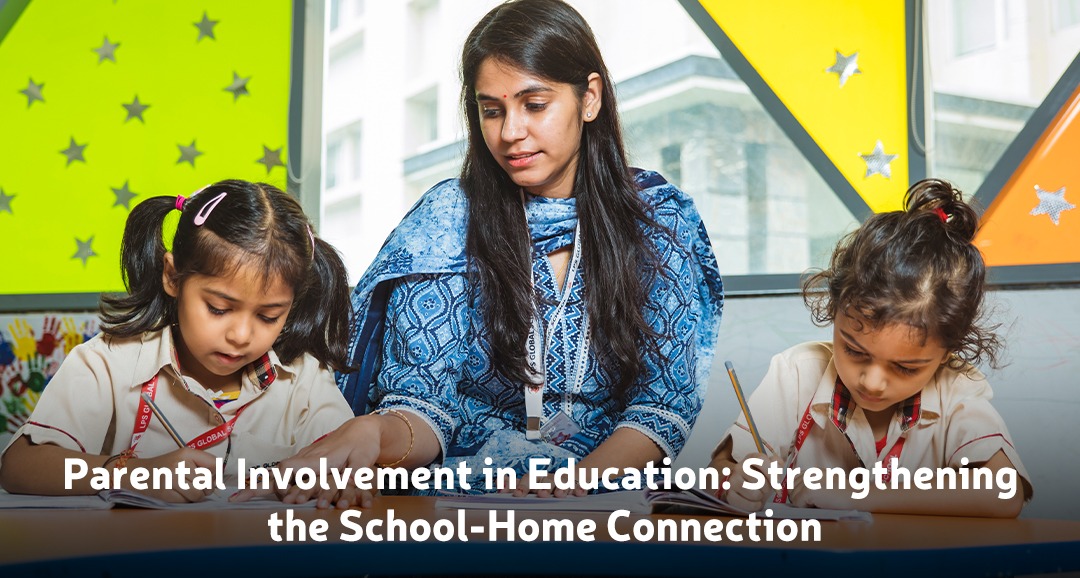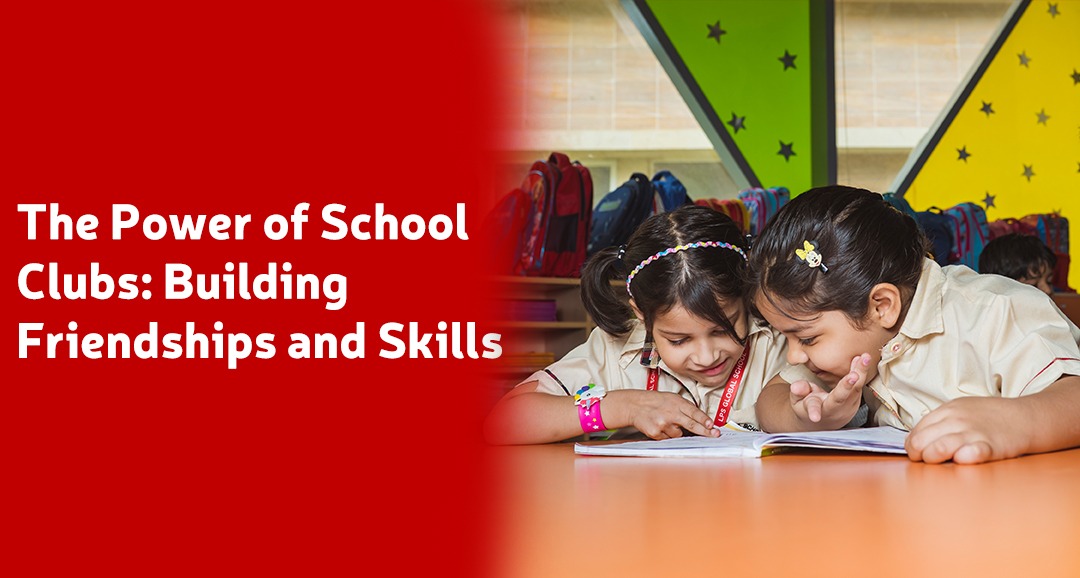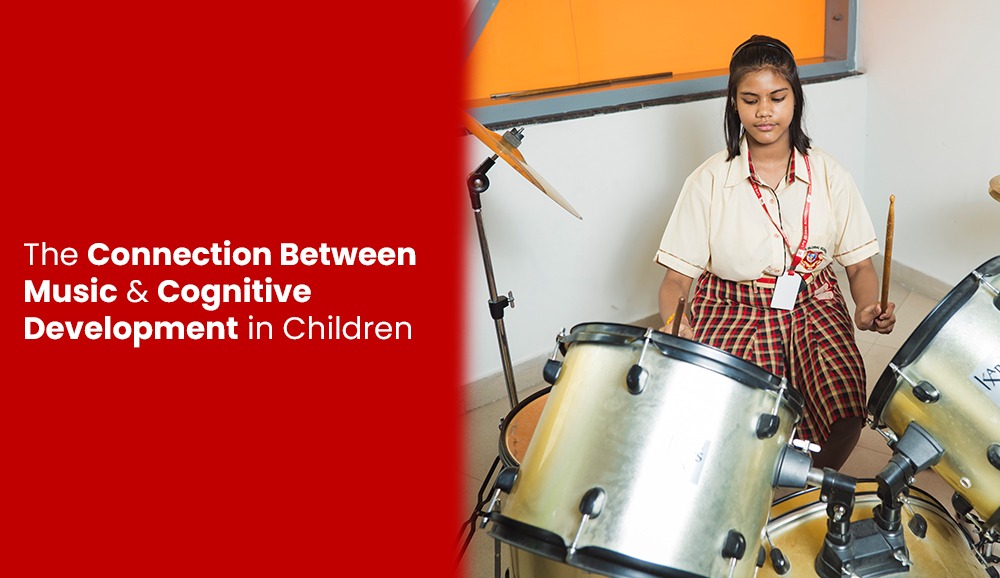Introduction:
Parental involvement in education plays a pivotal role in shaping a child’s academic success, social development, and overall well-being. The collaboration between home and school creates a supportive ecosystem that enhances learning outcomes and fosters a positive school experience for students. In this comprehensive exploration, we delve into the significance of parental involvement in education, with a special focus on the exemplary practices observed at LPS Global School, One of the Top CBSE Schools in Noida.
Understanding Parental Involvement in Education:
Parental involvement encompasses a broad spectrum of activities and behaviors through which parents actively participate in their child’s educational journey. From assisting with homework and attending school events to engaging in open communication with teachers and advocating for their child’s needs, parental involvement takes various forms and is essential at every stage of a child’s education.
Importance of Parental Involvement:
- Academic Success: Research consistently demonstrates a positive correlation between parental involvement and academic achievement. When parents are actively engaged in their child’s education, students are more likely to exhibit higher grades, improved attendance, better behavior, and increased motivation to learn. At School, parental involvement is recognized as a cornerstone of academic success, with initiatives in place to facilitate meaningful collaboration between parents, teachers, and students.
- Social and Emotional Development: Beyond academic outcomes, parental involvement contributes significantly to a child’s social and emotional development. When parents are supportive, nurturing, and actively involved in their child’s life, students feel a greater sense of security, belonging, and self-confidence. This, in turn, fosters positive relationships with peers and teachers, enhances social skills, and promotes emotional resilience. At School, efforts are made to create a welcoming and inclusive environment where parents feel valued and empowered to actively participate in their child’s educational journey.
- Home-School Communication: Effective communication between home and school is essential for student success. When parents and teachers maintain open lines of communication, they can share insights, address concerns, and collaborate on strategies to support the child’s learning and development. At School, communication channels such as parent-teacher meetings, newsletters, emails, and digital platforms are utilized to keep parents informed and engaged in their child’s progress and school activities.
- Positive School Culture: Parental involvement contributes to the cultivation of a positive school culture characterized by trust, mutual respect, and shared responsibility. When parents are actively involved in school events, volunteer activities, and decision-making processes, they become valued stakeholders in the educational community. This sense of partnership fosters a supportive and inclusive environment where students thrive academically, socially, and emotionally. At School, parents are encouraged to participate in various school initiatives, including parent-teacher associations, cultural events, and community service projects, to foster a sense of belonging and collective ownership of the school’s mission and values.
Exemplary Practices:
- Parent Education Workshops: It organizes parent education workshops on a variety of topics related to child development, academic success, and parenting strategies. These workshops provide parents with valuable insights, resources, and strategies to support their child’s learning and well-being at home.
- Family Engagement Events: The school hosts family engagement events throughout the academic year, such as family fun nights, cultural festivals, and parent-child bonding activities. These events provide opportunities for parents to connect with their child’s school community, build relationships with other families, and actively participate in their child’s school life.
- Parent-Teacher Conferences: Regular parent-teacher conferences are conducted at school to discuss students’ progress, strengths, areas for improvement, and goals for the future. These conferences facilitate open communication between parents and teachers, enabling collaborative goal-setting and personalized support for each child.
- Volunteer Opportunities: The school offers various volunteer opportunities for parents to contribute their time, skills, and expertise to school activities and events. Whether it’s assisting with classroom activities, organizing fundraisers, or chaperoning field trips, parental involvement enriches the school experience for students and strengthens the school-home partnership.




